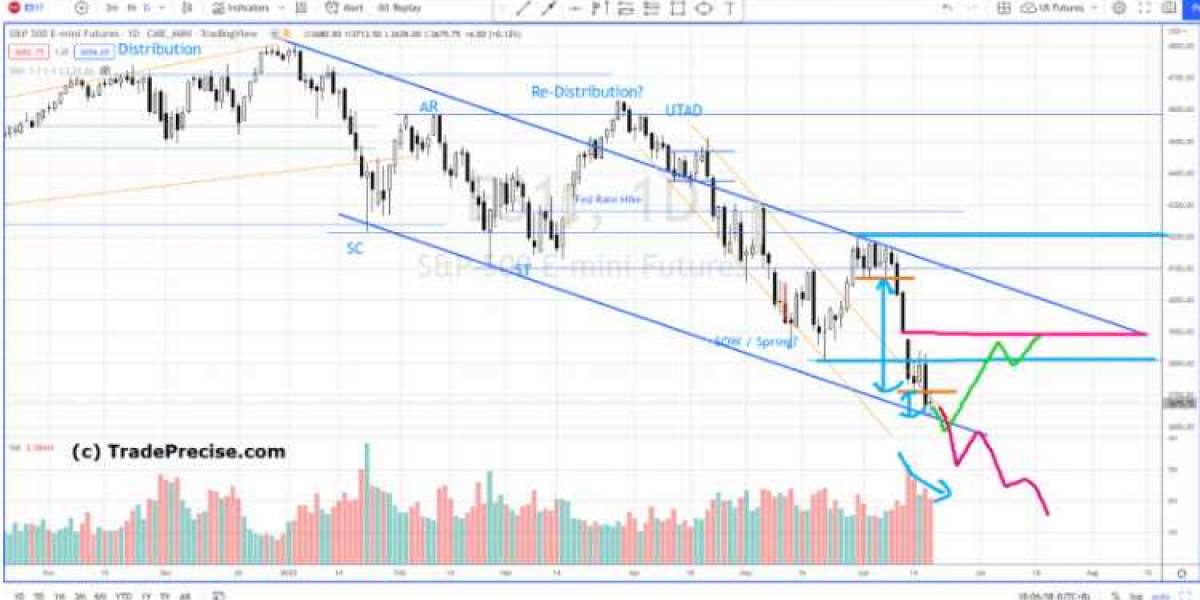According to the preliminary investigation of the legislative key, it appears that stringent crypto regulations are on the horizon, which have the potential to rewrite the landscape of the cryptocurrency industry.
The passage of the bill, which received approval with a vote count of 28 in favor to 1 against, was regarded as a significant advancement due to the fact that it was approved by an overwhelming majority.
At this point, the bill needs to win only one more vote in order for it to be added to the legislation of the EU during the October round.
Up until this point, the global cryptocurrency business has been functioning independently of any and all financial regulators. Some supporters of cryptocurrencies view the introduction of any legislation as an intervention by the government, and many others label it as a response to preserve the value of fiat currencies.
Notwithstanding this, the new MiCA bill that is being proposed in the EU is going to have an effect on each and every facet of the multi-billion dollar cryptocurrency industry, from NFTs to money laundering.
Some legal experts have uncovered previously unknown laws that can be used as evidence against cryptocurrency influencers for crimes other than market manipulation.
Patrick Hensen is an example of one of these crypto geeks; he discovered a hidden clause in MiCA that has the potential to pit cryptocurrency influencers against social media influencers who participate in crypto-related promotions without providing full disclosure.
The Crypto Market Will Be Regulated By MiCA
The European Union (EU) continues to uphold the position that MiCA is going to enter the markets under the guise of serving the public interest. On the other hand, there are growing concerns that the government could potentially transform DeFi into yet another centralized entity through coercion.
The impact of MiCA is going to broaden to include stablecoins and CASPs, which will result in unwarranted changes for trading platforms and brokers. Nonetheless, MiCA has the potential to act as an additional layer of defense against fraudulent financial activity and crimes. On the other hand, representatives of the MiCA, such as Stefan Berger, have asserted that a regulatory framework is essential for the European Union (EU) if it wishes to lead the world in innovations pertaining to blockchain and cryptocurrencies.




Alphonsus Odumu 5 w
Mica act